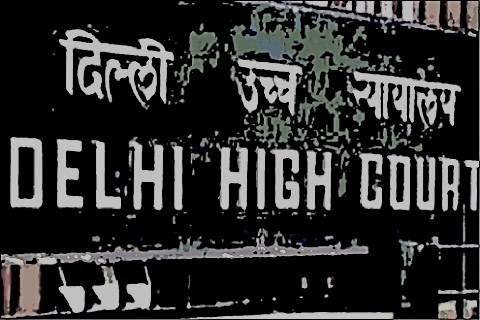Decided to reduce COVID ICU beds reservation in 33 pvt hospitals to 60 percent: AAP govt to HC
The Delhi government told Justice Subramonium Prasad that the decision was taken on December 27 after a two-member panel, comprising the Director of AIIMS and a Niti Aayog member, endorsed the recommendations of the De-escalation Committee to reduce from 80 to 60 per cent the iCU beds reserved in the 33 private hospitals.The court, thereafter, listed the matter for hearing on January 8 after the Delhi government, represented by Additional Solicitor General ASG Sanjay Jain and additional standing counsel Sanjoy Ghose, said that the reservation would be revisited on January 5.
PTI | New Delhi | Updated: 28-12-2020 17:30 IST | Created: 28-12-2020 17:14 IST
The AAP government on Monday told the Delhi High Court that it has decided to reduce to 60 per cent the number of ICU beds reserved for COVID-19 patients in 33 private hospitals in the national capital as was recommended by a De-escalation Committee. The Delhi government told Justice Subramonium Prasad that the decision was taken on December 27 after a two-member panel, comprising the Director of AIIMS and a Niti Aayog member, endorsed the recommendations of the De-escalation Committee to reduce from 80 to 60 per cent the iCU beds reserved in the 33 private hospitals.
The court, thereafter, listed the matter for hearing on January 8 after the Delhi government, represented by Additional Solicitor General (ASG) Sanjay Jain and additional standing counsel Sanjoy Ghose, said that the reservation would be revisited on January 5. The court asked the Delhi government, also represented by advocate Urvi Mohan, to place its decision on record before the next date hearing.
It was hearing a plea by the Association of Healthcare Providers of India (AHPI), represented by advocate Sanyam Khetarpal, which has sought quashing of the Delhi government's September 12 order to reserve 80 per cent ICU beds for COVID-19 patients in 33 private hospitals here. On December 24, the association had opposed the De-escalation Committee's recommendations and said that in view of the decrease in the per day number of COVID-19 cases, the positivity rate and the large number of vacant ICU beds in government hospitals, the reservation ought to be ended for now. The committee was constituted to assess the current position of hospital admissions and discharges and recommend reduction in the number of beds dedicated for coronavirus patients, if required. The high court too appeared to be in agreement with the association as it had said that it was ''inhumane'' to keep thousands of ICU beds reserved in private hospitals for COVID-19 patients when the positivity rate of the infection and number of coronavirus cases was going down in the national capital.
The high court had also said that in the prevailing situation keeping so many ICU beds reserved for COVID-19 patients ''cannot be sustained'' and if in future there was an increase in COVID-19 cases, then the reservations can be brought back. The Delhi government, thereafter, had told the court that a decision would be taken on the recommendations only after it is reviewed by a two-member panel comprising the AIIMS Director and a Niti Aayog member.
The two-member panel, on December 27, endorsed the committee's recommendations saying that ''in view of the unfolding situation of the new (UK) strain, we are of the view that we should take abundant precaution and abrupt de-escalation was not advisable at this juncture''. The two-member panel was also of the opinion that the New Year celebrations could result in gatherings ''which may trigger a super spreader event'' and therefore, the authorities need to be ''cautious and vigilant'' with regard to de-reservation of COVID ICU beds.
The Delhi government, in its December 27 decision, has said that it has gone through AHPI's objections and saw not a single case where a non-COVID patient was refused admission due to non-availability of ICU beds. It also said that AHPI's objections were based on speculation that very few beds were available for non-COVID patients.
The September 12 order of the Delhi government was earlier stayed by the high court on September 22. However, a division of the high court on November 12 vacated the stay order taking into account the change in circumstances since the time the stay order was passed..
- READ MORE ON:
- Sanjoy Ghose
- New Year
- Urvi Mohan
- Sanyam Khetarpal

